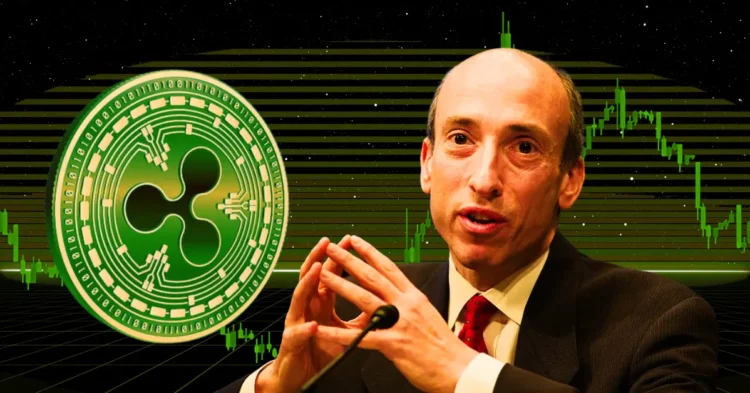The Ripple vs. SEC Legal Battle: A Pivotal Moment for Cryptocurrency Regulation
The ongoing legal struggle between the U.S. Securities and Exchange Commission (SEC) and Ripple Labs has become a crucial focal point for the future of cryptocurrency regulation. At the core of this high-stakes case lies the question of whether XRP, Ripple’s digital token, should be classified as a security. The SEC argues that Ripple violated securities laws by selling XRP without the necessary regulatory clearance, while Ripple contends that XRP is a digital asset, akin to a commodity or currency rather than a security.
The SEC’s Appeal and Its Potential Impact on the Crypto Market
The SEC’s appeal against Ripple is an ongoing saga with significant implications for the cryptocurrency market. The agency filed its appeal in October 2024, aiming to overturn Judge Torres’ decision, which ruled that Ripple’s XRP sales did not constitute securities transactions. The SEC is anticipated to submit a comprehensive brief by January 15, 2025, coinciding with the inauguration of President Donald Trump.
Leadership Changes at the SEC: A New Direction for Cryptocurrency?
With President Donald Trump appointing Paul Atkins, a known pro-crypto advocate, to succeed SEC Chair Gary Gensler, the regulatory landscape for cryptocurrencies could experience a shift. This leadership transition might herald a more lenient approach towards digital currencies, potentially easing the regulatory pressure on Ripple and other blockchain-based projects.
Reports suggest that outgoing SEC Chair Gary Gensler is preparing to make a final filing related to the Ripple case before Paul Atkins takes the helm. Speculation abounds that Gensler, alongside the SEC’s chief litigation counsel Jorge Tenreiro, might attempt to impose additional challenges on Ripple, reminiscent of the actions taken by former SEC Chairman Jay Clayton.
What Lies Ahead for XRP and Ripple?
XRP’s journey has been fraught with challenges due to the ongoing lawsuit with the SEC, which accuses it of being an unregistered security. As Gensler’s tenure comes to a close, there is growing anticipation of a crypto-friendly leadership under the incoming administration, which could further alleviate regulatory obstacles.
As the regulatory landscape becomes more favorable, XRP is witnessing increased interest from investors. Analysts are optimistic, forecasting potential all-time highs for XRP by the end of the year. XRP’s strategic role in the banking sector provides it with a long-term growth advantage over more speculative cryptocurrencies, positioning it as a strong contender in the digital asset space.
In conclusion, the resolution of the SEC vs. Ripple case holds profound implications not only for XRP but for the broader cryptocurrency ecosystem. The outcome of this legal battle could set a precedent that shapes the regulatory approach towards digital assets for years to come, influencing investor confidence and the trajectory of cryptocurrency innovation.











